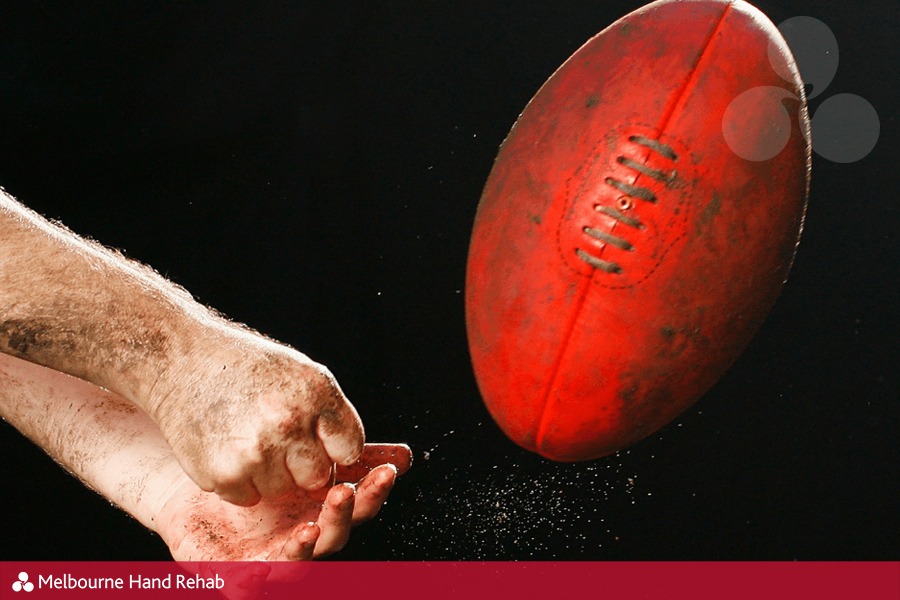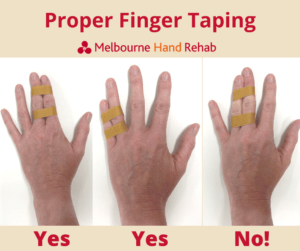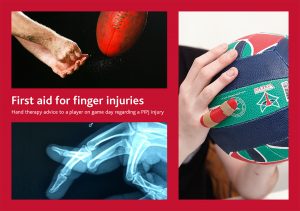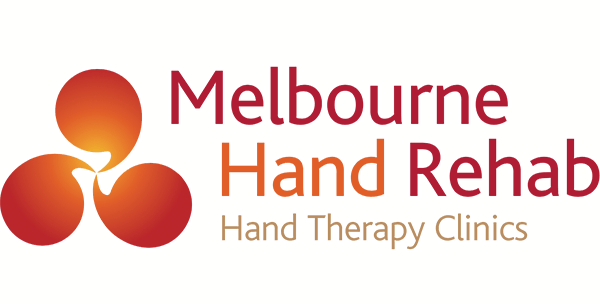
16 May Football Fingers / Joint Dislocations
Yay! Football season is well underway.
I feel better with the colder weather knowing that football season is here. Although, football players often sustain finger, hand, and wrist injuries. Dislocations, fractures, ligament damage, tendon tears, and fractures are common football injuries. The most common injury we see as hand therapists is a dislocated finger that just won’t heal right.
Is a dislocated joint okay if it is put back in place?
Usually, no.
Commonly, this injury is ‘relocated’ by the team physiotherapist, a coach, the player, or another player. Be aware, when a finger dislocation occurs, it is not just like a puzzle piece to be put back together. There is soft tissue damage. This means that the ligaments and other soft tissues of the hand that hold the finger in place have been ripped or damaged. Otherwise your finger would still be in place.
Fractures are common with a dislocated finger. If there is a fracture and it is in the area of the joint, it will be more complicated.
Do I tape it? And how?
Your finger should be taped right away if it is ‘put back into place’. The best way to tape a finger is by taping it to the finger next to it. Keep in mind that the small finger should never be left alone. Here is what I mean…
Damage to:
- Index finger, tape to the middle finger
- Middle finger, tape to the index finger
- Ring finger, tape to the small finger
- Small finger, tape to the ring finger
- Thumb damage, tape circumferentially and include taping around the wrist
Continued play is not recommended and be sure to follow up with an x-ray to check for fractures.

Do I need hand therapy?
A consult with a hand therapist after a dislocation or hand injury is necessary for your best outcome. Sometimes the ligament that holds the bones together can be torn or a bone may be fractured. Your therapist will do testing to assess the severity of your injury. A proper splint will be made for you and instructions/education will be provided on how to care for your injury.
A sports guard may be necessary and can be made in the clinic. We will discuss when it is best for you to return to sport. Occasionally a surgical consult may be recommended. Your hand therapist will advise you on this.
Long term limitations can result for a poorly cared for injury of the hand. Decreased motion, strength and function are all common. You are also at risk for continued pain and future arthritis. Care for your hand, you need it for everything. The sooner you address your injury, the better.
If you are experiencing finger, hand or wrist pain, don’t hesitate to get in touch. We’d love to help you.
BOOK AN APPOINTMENT
For more information, call us directly on 03 9458 5166
You might also be interest in:
- Finger Dislocation
- What happens if you don’t get treatment for a broken finger?
- I hurt my finger playing sport – when should I see a hand therapist?
- Hand and Wrist Fractures
To make it easy for you to remember how to care for your fingers and wrist whilst on the field or court, here is a First Aid for Finger Injuries card that you can download for easy reference.

First Aid for Finger Injuries


